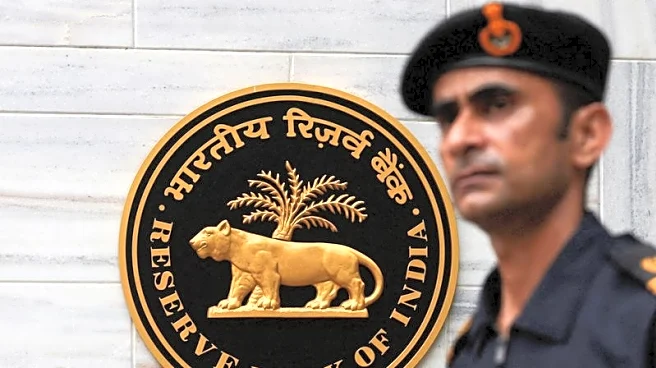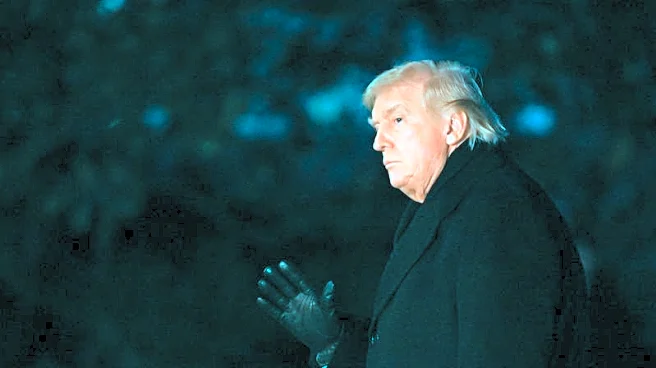By Nidal al-Mughrabi and Charlotte Greenfield
CAIRO/JERUSALEM (Reuters) -President Donald Trump's Middle East envoy became the first high profile U.S. official to visit Gaza since the war began, touring
a U.S.-backed aid operation on Friday that the United Nations says is partly to blame for deadly conditions in the enclave.
Hours after Steve Witkoff visited a site run by the U.S.-backed Gaza Humanitarian Foundation in Rafah, Palestinian medics said Israeli forces had shot dead three Palestinians near one of the group's sites in the city on Gaza's southern edge. Reuters could not immediately verify whether it was the same location.
The United Nations says more than 1,000 people have been killed trying to receive aid in Gaza since the GHF began operating there in May, most of them shot by Israeli forces operating near GHF sites.
The U.N. has declined to work with the GHF, which it says distributes aid in ways that are inherently dangerous and violate humanitarian neutrality principles, contributing to the hunger crisis across the territory.
The GHF says nobody has been killed at its distribution points, and it is doing a better job of protecting aid deliveries than the U.N.
U.S. Ambassador to Israel Mike Huckabee, who traveled with Witkoff to Gaza on Friday, posted on X a picture showing hungry Gazans behind razor wire with a GHF poster with a big American flag that read "100,000,000 meals delivered".
"President Trump understands the stakes in Gaza and that feeding civilians, not Hamas, must be the priority," GHF spokesperson Chapin Fay said in a statement, accompanied by images of Witkoff in a grey camouflage top, flak jacket and "Make America Great Again" baseball cap with Trump's name stitched on the back.
"We were honored to brief his delegation, share our operations, and demonstrate the impact of delivering 100 million meals to those who need them most," Fay said.
Witkoff made his visit to Gaza a day after arriving in Israel to push for fresh ceasefire negotiations, as Israel is under mounting international pressure over the destruction of Gaza and growing starvation among its 2.2 million inhabitants.
In addition to the three shot near a GHF site, medics said at least 12 other Palestinians were killed in air strikes across the Gaza Strip on Friday.
The Israeli military did not immediately respond to a request for comment on Friday's reported killings.
The Gaza war, which began after Palestinian militant group Hamas killed more than 1,200 people and took 251 hostage from southern Israel in October 2023, has now killed more than 60,000 Palestinians, most of them in Israeli airstrikes.
Gaza medics say dozens have died of malnutrition in recent days as hunger sets in, after Israel cut off all supplies the enclave for nearly three months from March-May and restricted supplies since.
Israel says it is taking steps to let in more aid, including pausing fighting for part of the day in some areas and announcing protected routes. It has acknowledged that its forces have killed some Palestinians seeking aid and says it has given its troops new orders to improve their response.
The worsening humanitarian crisis has prompted France, Britain and Canada to announce plans to potentially recognise a Palestinian state, a move already taken by most countries but not by major Western powers.
'STARVING TO DEATH'
Israel blames Hamas and the U.N. for the failure of food to get to desperate Palestinians there. The Israeli military's statistics show that an average of around 140 aid trucks have entered Gaza daily during the course of the war, about a quarter of what international humanitarian agencies say is required.
The United Nations says it has thousands of trucks waiting, if Israel would let them in without the stringent security measures which aid groups say have prevented the entry of much-needed humanitarian assistance throughout the war.
Israel has begun food air drops this week, but U.N. agencies say these are a poor alternative to letting in more trucks.
"If there is political will to allow airdrops - which are highly costly, insufficient & inefficient, there should be similar political will to open the road crossings. As the people of Gaza are starving to death, the only way to respond to the famine is to flood Gaza with assistance," U.N. Palestinian aid agency chief Philippe Lazzarini wrote on social media site X.
(Reporting by Nidal al-Mughrabi, Charlotte Greenfield, Olivia Le Poidevin, Ahmed ElimamEditing by Peter Graff)













